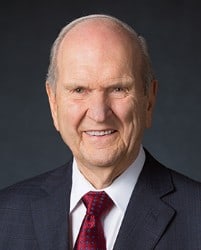
Our ultimate quest in life is to prepare to meet our Maker. We do this by striving daily to become more like our Savior, Jesus Christ
| Opening Message, April 2020 General Conference
LDS Quotes About Mortality

Our ultimate quest in life is to prepare to meet our Maker. We do this by striving daily to become more like our Savior, Jesus Christ
| Opening Message, April 2020 General Conference
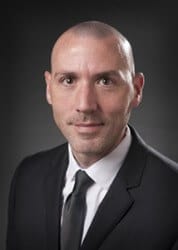
I won’t deny that it is possible for our restless hearts to find rest in God, but I do want to deny that this rest results from the satisfaction of our desires. God does not save us from our hungers by satisfying them. God saves us from the tyranny of our desires by saving us from the impossible work of satisfying them.
| Future Mormon: Essays in Mormon Theology By Adam Miller

“It is difficult for mortal minds to comprehend the majesty of the Creation. It is much easier for us to think about good things to eat or fun things to do. But I would like to stretch our minds to think of things beyond our easy grasp. The creation of man and woman was wondrous and great. So was the creation of the earth as their mortal dwelling place.”

“The Creation, great as it is, is not an end in itself but a means to an end. We come to the earth for a brief period of time, endure our tests and trials, and prepare to move onward and upward to a glorious homecoming. Our thoughts and deeds while here will surely be more purposeful if we understand God’s plan and are thankful for and obedient to His commandments. As beneficiaries of the divine Creation, what shall we do? We should care for the earth, be wise stewards over it, and preserve it for future generations. And we are to love and care for one another. We are to be creators in our own right—builders of an individual faith in God, faith in the Lord Jesus Christ, and faith in His Church. We are to build families and be sealed in holy temples. We are to build the Church and kingdom of God upon the earth. We are to prepare for our own divine destiny—glory, immortality, and eternal lives. These supernal blessings can all be ours, through our faithfulness.”

“The Master could overwhelm us with his supernal knowledge, but he does not. He honors our agency. He allows us the joy of discovery.”
| “Gratitude for the Mission and Ministry of Jesus Christ,” BYU Education Week Devotional Address, BYU Speeches
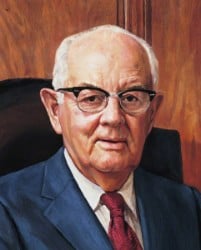
“Being human, we would expel from our lives sorrow, distress, physical pain, and mental anguish and assure ourselves of continual ease and comfort. But if we closed the doors upon such, we might be evicting our greatest friends and benefactors. Suffering can make saints of people as they learn patience, long-suffering, and self-mastery. The sufferings of our Savior were part of his education.”
| The Teachings of Spencer W. Kimball, ed. Edward L. Kimball (1982), 168
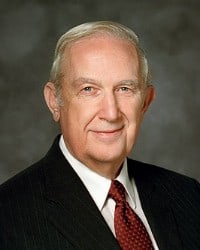
“Righteous character is more valuable than any material object you own, any knowledge you have gained through study, or any goals you have attained, no matter how well lauded by mankind. In the next life your righteous character will be evaluated to assess how well you used the privilege of mortality.”
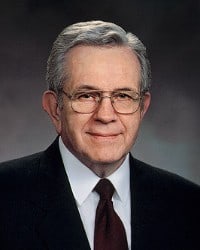
“The words death and happiness are not close companions in mortality, but in the eternal sense they are essential to one another.”

As we consider our mortal existence on this earth and the purpose of life expressed by Alma that ”this life is the time for men to prepare to meet God” (Alma 34:32), what is the Lord’s way to help us achieve this very purpose? It is simply, by using this metaphor, to help us build a bridge of faith in our life for crossing and overcoming the walls of unbelief, indifference, fear, or sin. Our mortal life is the time for men to meet God by building a bridge of faith, opening the door into immortality and eternal life.
| Ensign, November 2001

“Though each of us will pass through the doors of death, the timing of that departure is less important than is the preparation for eternal life.”